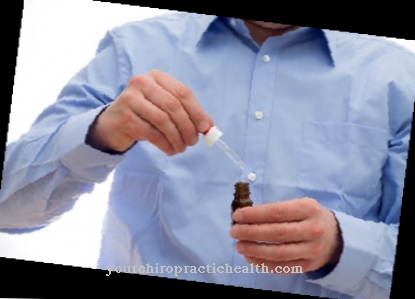The menopause is the last natural menstruation and thus the end of the fertile phase in a woman's life. It usually occurs between the ages of 40 and 50. Menopause precedes a phase of hormonal changes with symptoms of varying degrees, known as menopause or climacteric.
What is menopause?

The word menopause comes from the Greek and means "end of the monthly cycle". It describes the last ovulation and the associated menstrual period. It marks the end of a woman's ability to reproduce.
Since some cycle irregularities can occur in connection with the menopause, one speaks of the last menstrual period as menopause only when the menstrual period has been absent for at least twelve months.
Meaning & function
The menopause is the end point of a major hormonal change in a woman's body. The absence of a period after menopause is only an external sign that can be used to recognize the end of the fertile phase.
The decisive factor, however, is the absence of ovulation, which is essential for a pregnancy to occur. As long as a woman is of reproductive age, egg cells mature in her ovaries in regular cycles, provided there are no diseases or pregnancy. This happens under the influence of hormones in the hypothalamus and in the pituitary gland. The ovaries themselves and the follicles in which the egg cells are ready for fertilization also produce various hormones.
These hormones interact with one another and control the course of the female cycle. Before menopause finally occurs, the production of these hormones gradually comes to a standstill.
The ovaries, in particular, cease to function completely by the age of 50 on average. This goes hand in hand with various symptoms known as menopausal symptoms. The cycle itself is usually very irregular well before the actual menopause. The menstrual period also becomes weaker and weaker, as the lack of appropriate hormones affects the formation of the uterine lining.
That is why one normally only speaks of menopause if the last bleeding was more than a year ago. While most women experience menopause in their early 50s, it can occur much earlier in very slim to underweight women and smokers. In addition, there is a genetic component, so that the daughters go through menopause at approximately the same age as their mothers.
Illnesses, ailments & disorders
The entry of the menopause is not a disease, but part of a woman's natural aging process and therefore does not require treatment as such. Only the symptoms of the previous one can be alleviated by appropriate menopausal therapies if necessary.
Premature menopause is when the last menstrual period occurs before the woman is forty years old. This can be caused by various autoimmune diseases, thyroid diseases, and diabetes mellitus. Genetic factors can also play a role. Chemotherapy and radiation associated with cancer treatment can also lead to premature menopause. As a rule, both the premature menopause and the natural menopause are irreversible.
However, it is very rare. Only about 1 percent of women experience menopause before their fortieth birthday, less than 0.1 percent before they turn 30. Induced menopause is an artificial cessation of reproductive ability. This can be done by giving anti-estrogens. In most cases, however, an induced menopause is the result of the surgical removal of the ovaries, which can be necessary in severe cases of ovarian cysts and ovarian tumors.
If the uterus is removed but the functioning ovaries remain in the body, menopause will not occur, even if there is no more menstrual bleeding. Cutting the fallopian tubes to prevent pregnancy has no effect on the complex hormonal system of the female body. In this case, natural menopause usually occurs in the middle-aged woman.


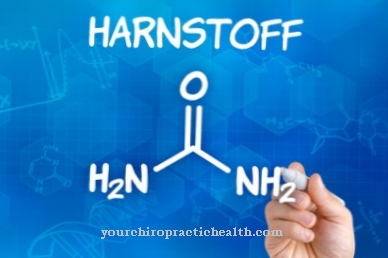
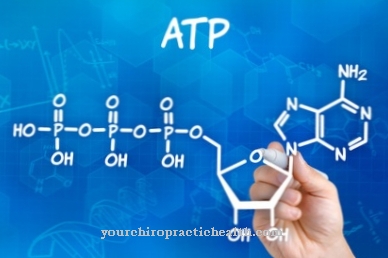
.jpg)
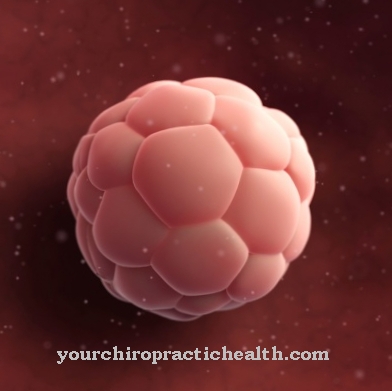
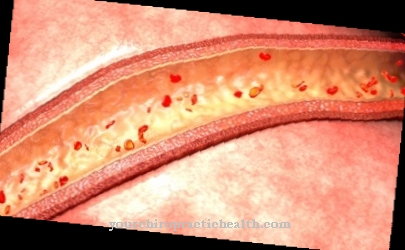



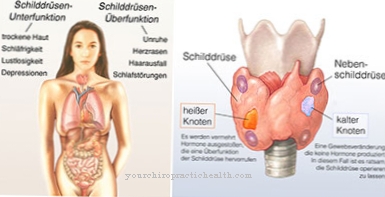
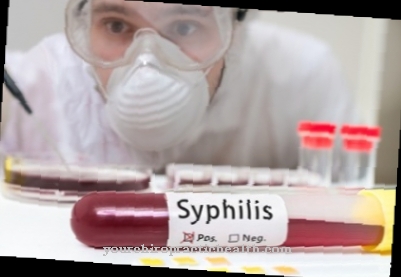
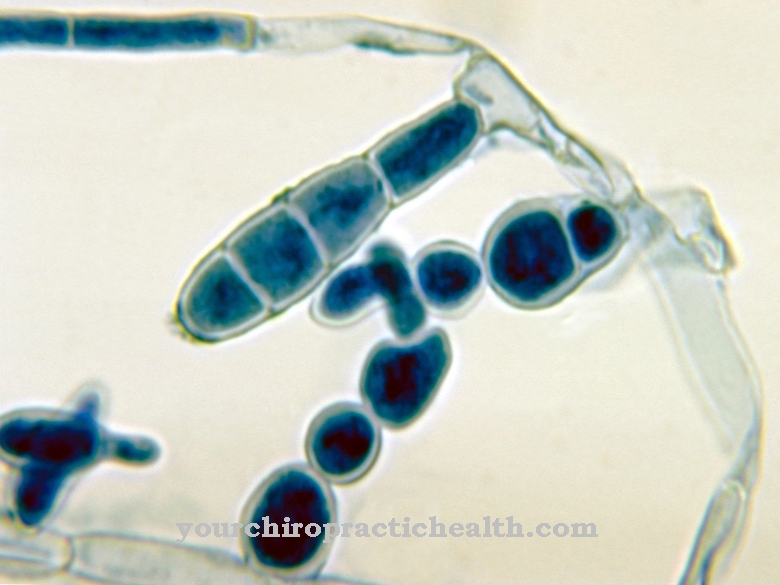

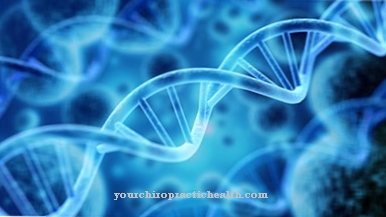


.jpg)




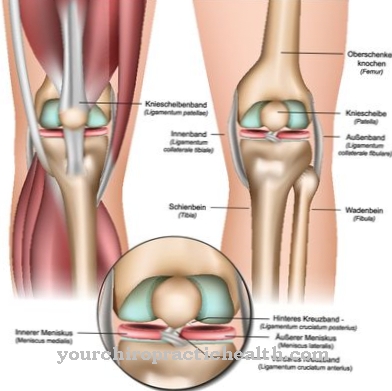
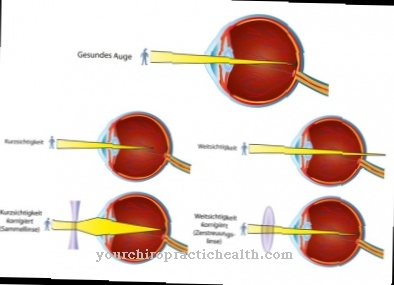
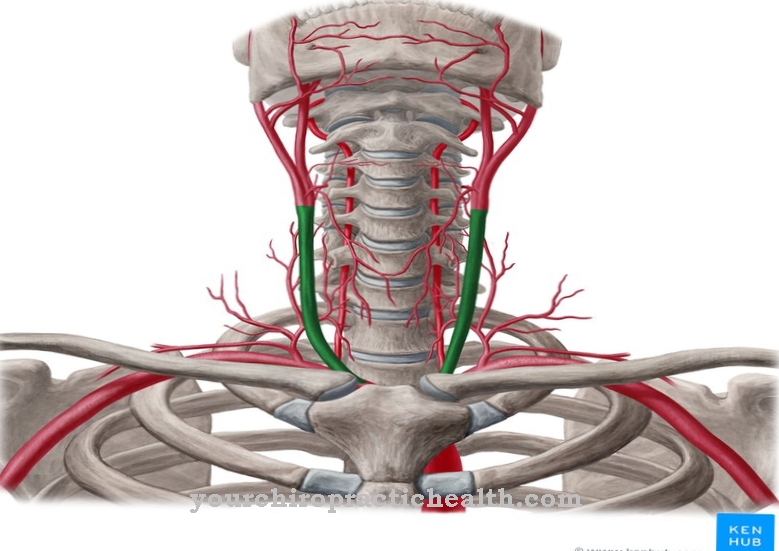
.jpg)
